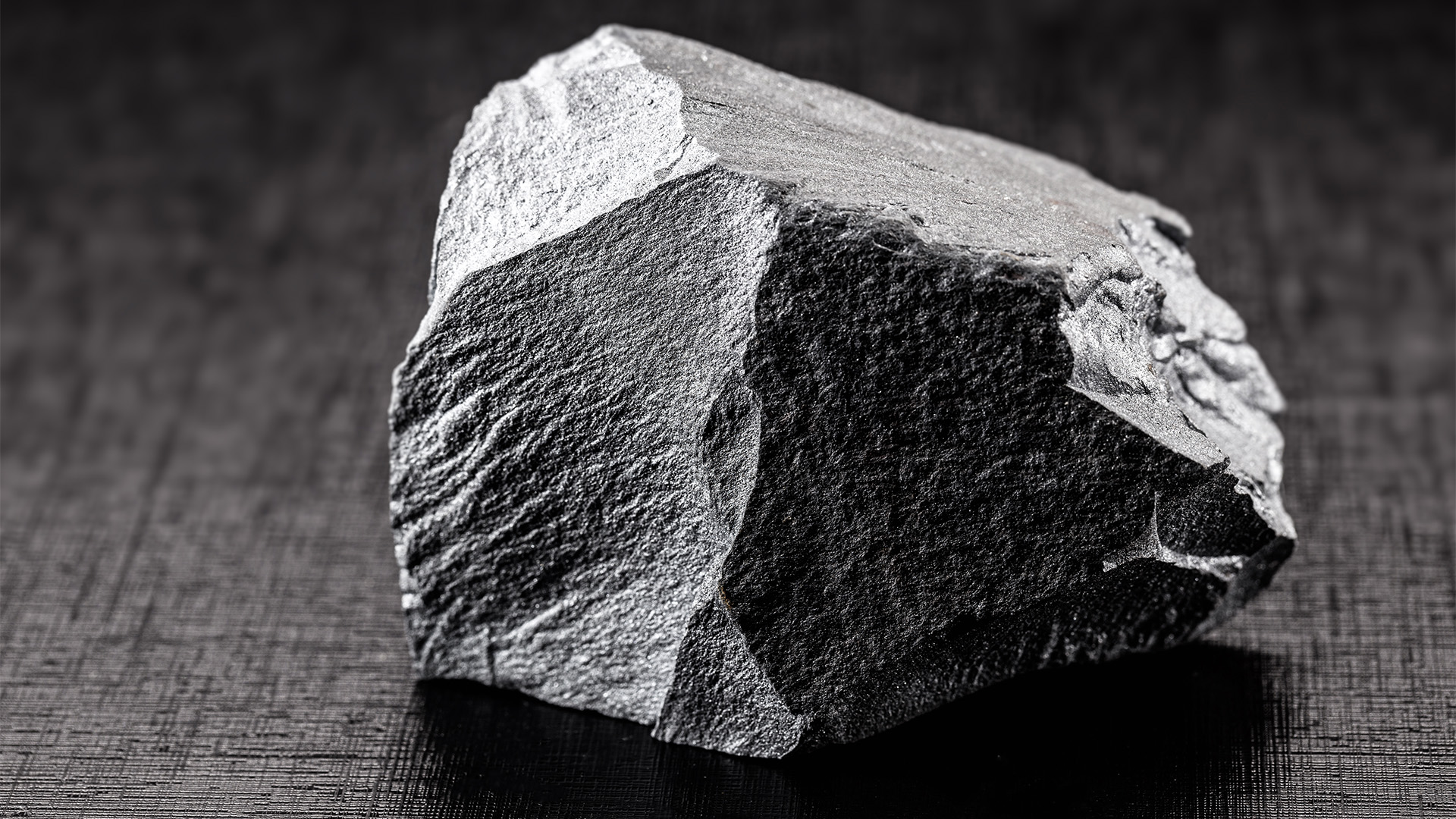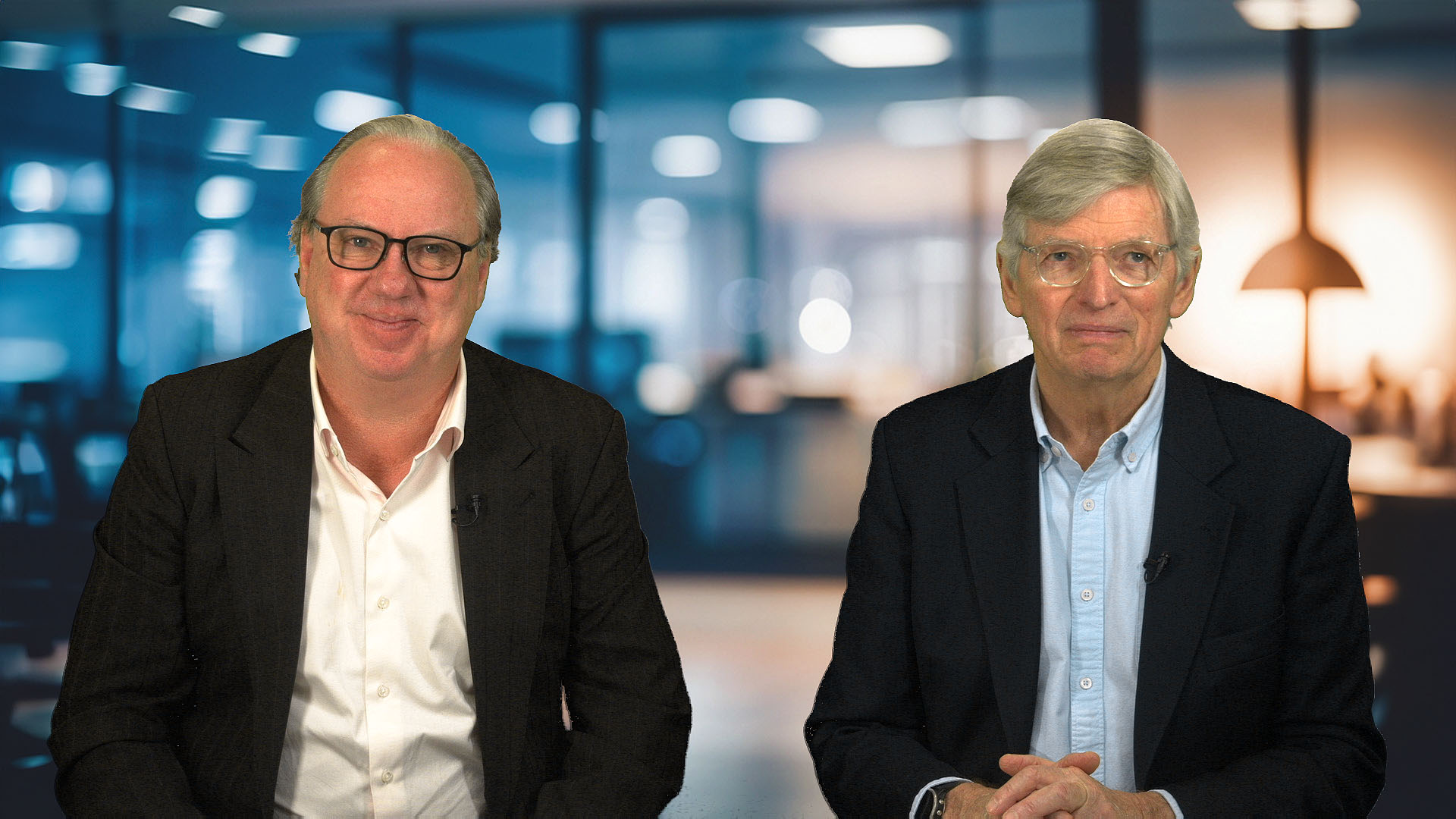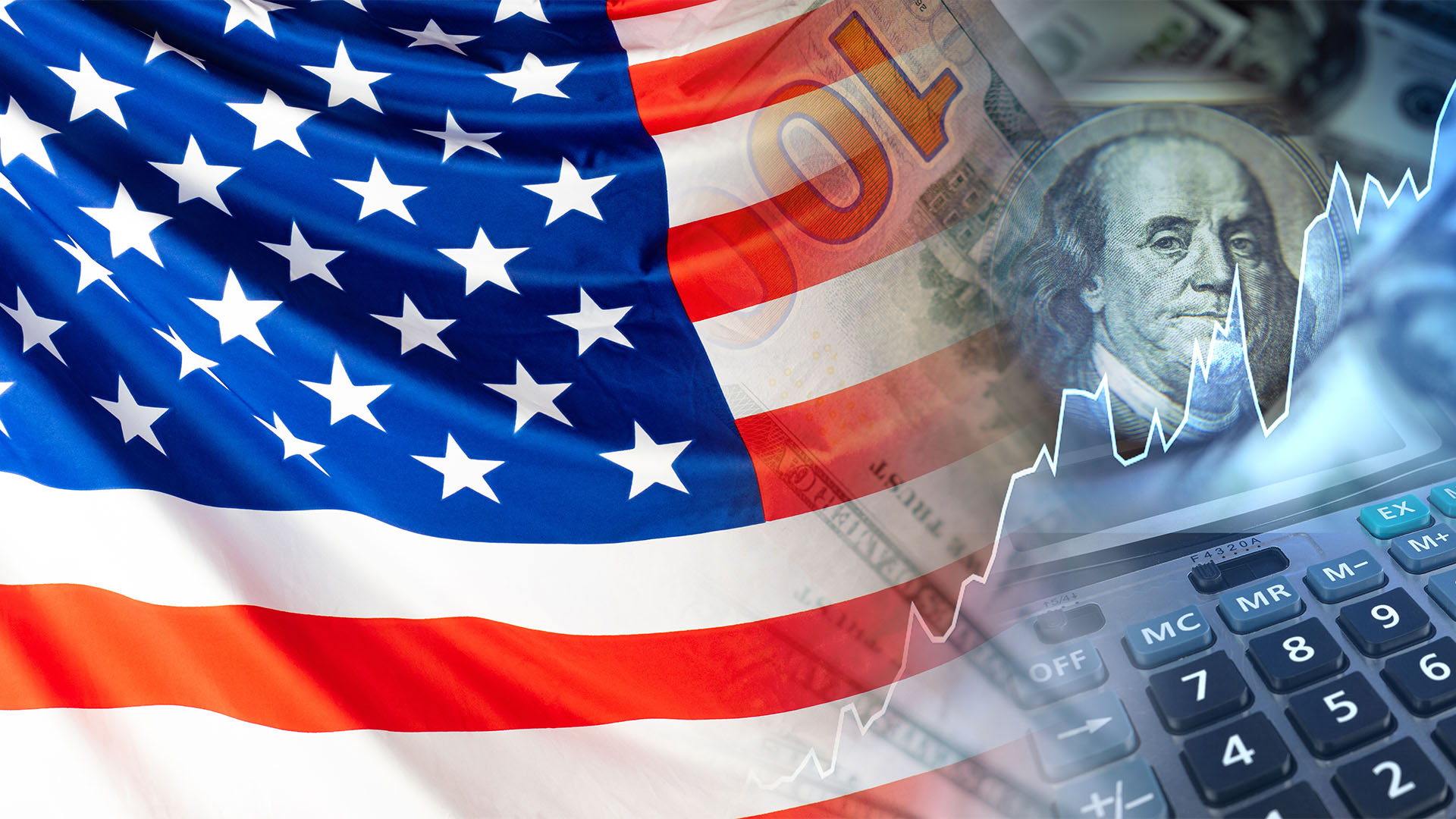No wonder the Reserve Bank of New Zealand left its Official Cash Rate (OCR) steady last week — the latest consumer inflation data shows that while easing, cost pressures continue to persist, as in Australia and the US.
Statistics NZ said on Wednesday that the country’s Consumer Price Index rose 4% in the 12 months to March, down from the 4.7% rate over 2023 and the lowest in almost three years.
The Kiwi rate is a fraction lower than the Australian CPI for the December quarter of 4.15. The March quarter figure is due out next week.
But it is still above the RBNZ’s target rate, and the central bank made that clear in its post-decision statement last week, announcing that the OCR would be staying at 5.5% for some time yet.
Quarter on quarter, prices rose 0.6% in the three months to March after the 0.5% rise in the December quarter, with most of the price pressures in the latest quarter coming from services, like rent, travel services, accommodation, and insurance.
“Price increases this quarter are the smallest since June 2021. However, they remain above the Reserve Bank of New Zealand’s target range of 1 to 3 percent,” said Nicola Growden, Stats NZ’s Consumer Prices Senior Manager, in a statement.
The rise was led by household and household utilities, with rent prices rising to a record 4.7% in the 12 months ended March, the highest rate of increase since the series began in 1999.
Recreation and culture were the next largest contributors, with prices of international accommodation jumping 20.8% in the 12 months to March from 6% in the 12 months to December 2023.
Cultural services, which included cinema tickets and TV subscriptions, rose 9.7% in the 12 months to March from 6.6% in the 12 months to December 2023.
The third-largest contributor was alcoholic beverages and tobacco, following an excise increase in the price of beer, tobacco, and cigarettes.
The rises were offset by a 10.3% decline in airfares for international routes, as well as a 2.4% fall in petrol prices. The fall in petrol prices will be reversed this quarter, judging by how global oil prices have risen in April.














